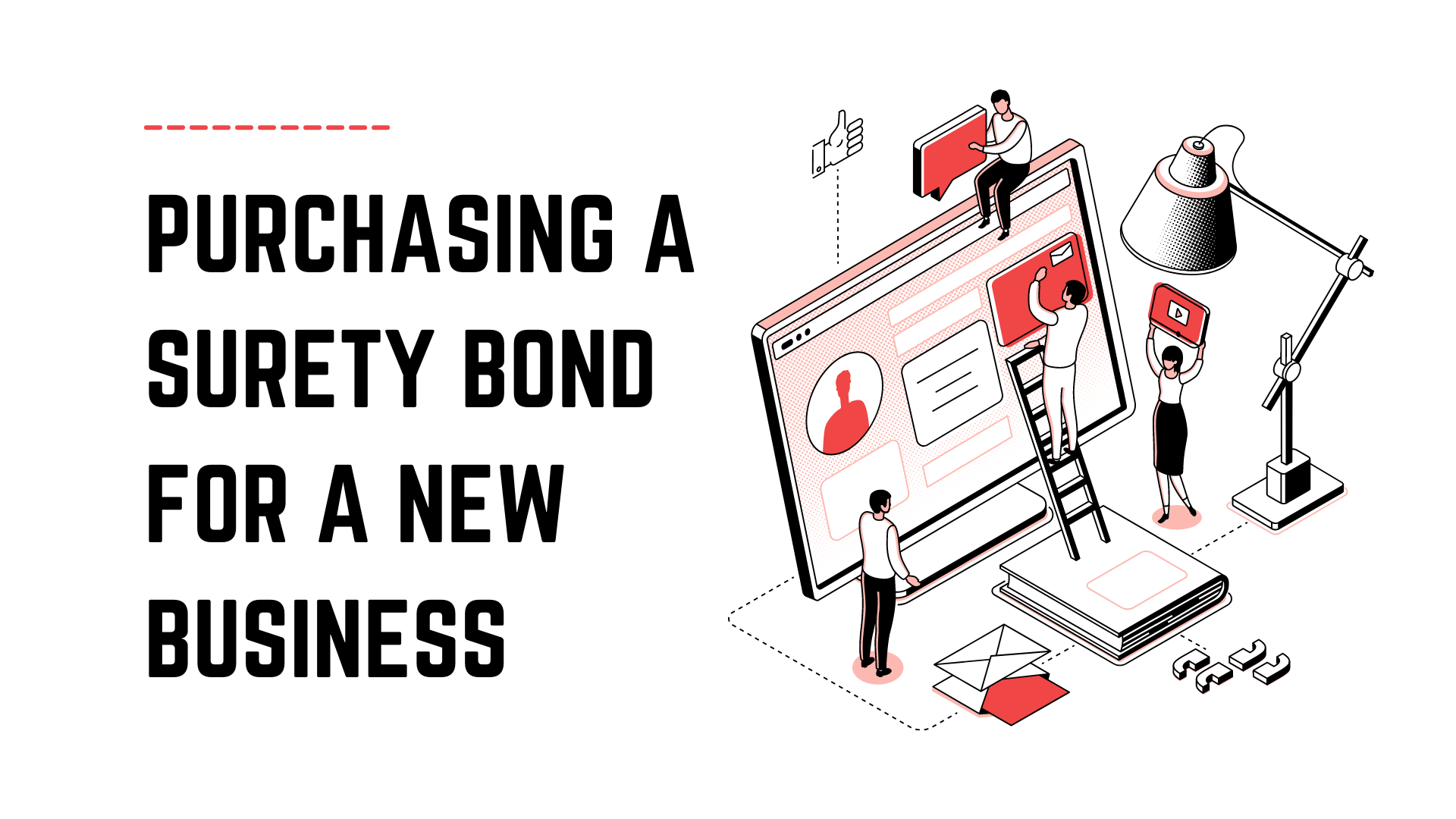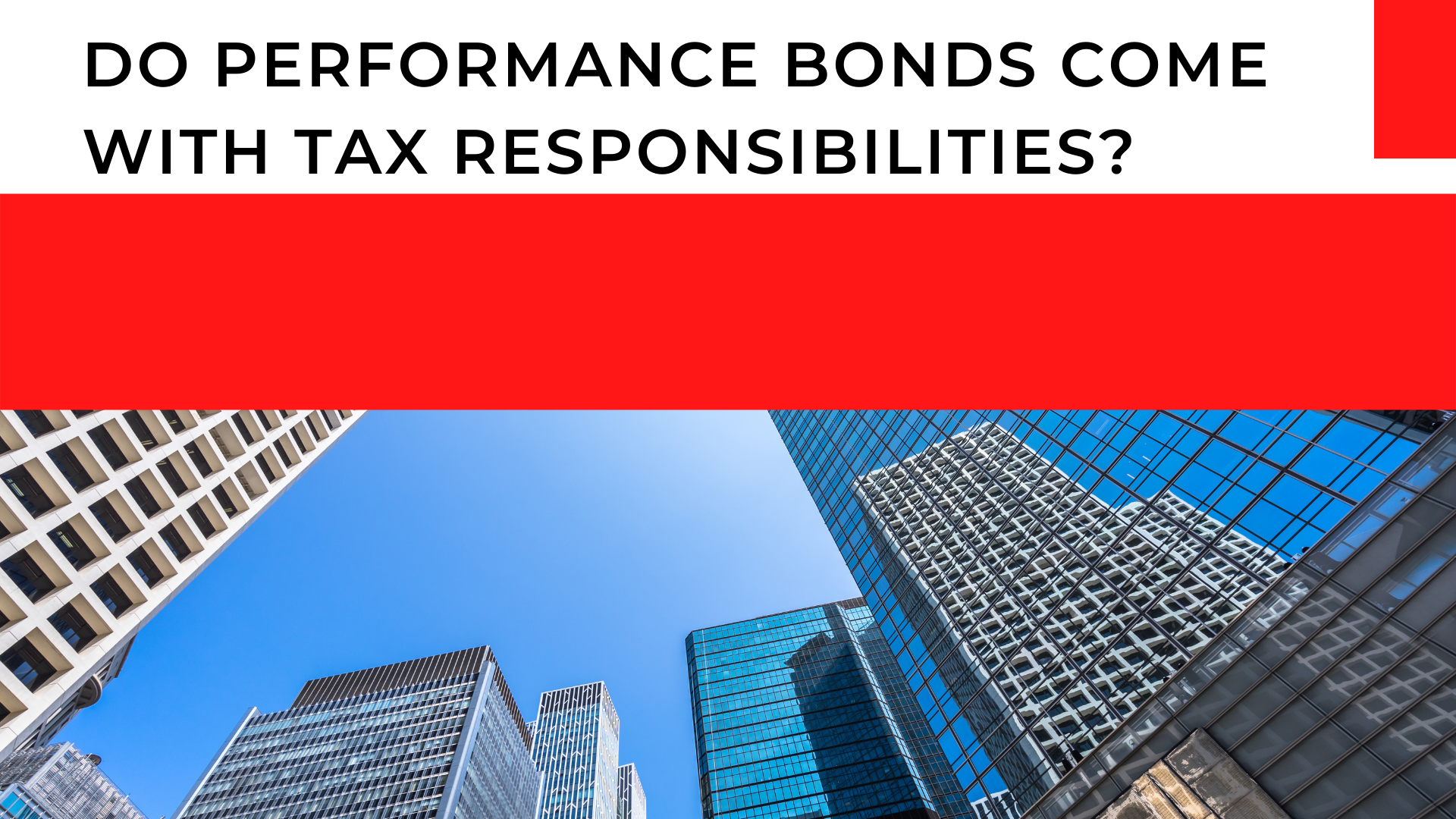Why was my cash bond released to a surety?
If you posted a cash bond, the court may have released the bond to a surety company. This is because the court wants to make sure that the money is still available if you do not show up for your court date.
The surety company will usually hold onto the money until your case is over. If you do show up for your court date, the surety company will return the money to you. If you do not show up for your court date, the surety company may keep the money. You should talk to a lawyer if you have any questions about your cash bond.
If you posted a cash bond, the court may have released the bond to a surety company. The surety company is a bonding company that provides bail bonds. The court may have released your bond to the surety company if:
-The court determined that the surety company is licensed and authorized to post bail bonds in the jurisdiction;
-The court determined that the surety company meets all other conditions set forth by the court; and
-The court believes that releasing the bond to the surety company will best serve the interests of justice.
If your bond was released to a surety company, you will not be able to get your money back from the court. Instead, you will need to contact the surety company to get your money back. The surety company may require you to pay a fee for its services.
What does surety cash bond mean?
A surety cash bond is a security deposit or collateral that a person puts up to guarantee that they will appear in court when required. The bond ensures that the defendant will obey all court orders and appear for all scheduled proceedings. If the defendant fails to appear, the surety can be held liable for the costs associated with finding and arresting the defendant. A cash bond is usually returned to the defendant once they have appeared in court as required.
A surety cash bond may be required in addition to a bail bond. A bail bond is a guarantee by an insurance company that the full amount of bail will be paid if the defendant fails to appear in court. The premium for a bail bond is typically 10% of the bail amount. Cash bonds are usually only used when the defendant is considered a flight risk or when the bail amount is very high.
What does bail with surety mean?
Bail with surety is a legal term that refers to the act of posting bail in exchange for release from custody. The bail with surety amount is typically set higher than the standard bail amount, as it serves as an insurance policy in case the defendant fails to appear in court. If the defendant does not show up for their court date, the surety company will be responsible for paying the bail amount.
Bail with surety is often used in cases where the defendant is considered to be a flight risk, or where there is concern that they may not show up for their court date. In some cases, a bail with a surety bond may be required in order to post bail. This type of bond is typically purchased from a bail bondsman and serves as insurance in case the defendant fails to appear in court. If the defendant does not show up for their court date, the bail bondsman will be responsible for paying the bail amount.
While bail with surety is typically more expensive than standard bail, it can be a worthwhile investment in cases where there is a concern that the defendant may not show up for their court date.
What is the difference between a bond and cash bail?
Bonds and cash bail are two different ways of securing a person’s release from jail. A bond is a written promise to pay money to the court if the person released on bond fails to appear in court when required. Cash bail is the payment of money to the court in order to secure the release of a defendant. The primary difference between bonds and cash bail is that bonds are usually secured by a third party, such as a bail bonding company, while cash bail is paid directly to the court.
Another difference between bonds and cash bail is that bonds are usually more expensive. This is because the bond company charges a fee in order to post the bond. Cash bail is generally less expensive, but it can be difficult to come up with the money needed to pay for it.
Both bonds and cash bail serve the same purpose: to ensure that a defendant appears in court when required. However, there are some important differences between them. Bond is more expensive than cash bail, but it is also more secure. Cash bail is less expensive, but it is less secure. Choose the option that best suits your needs and budget.





